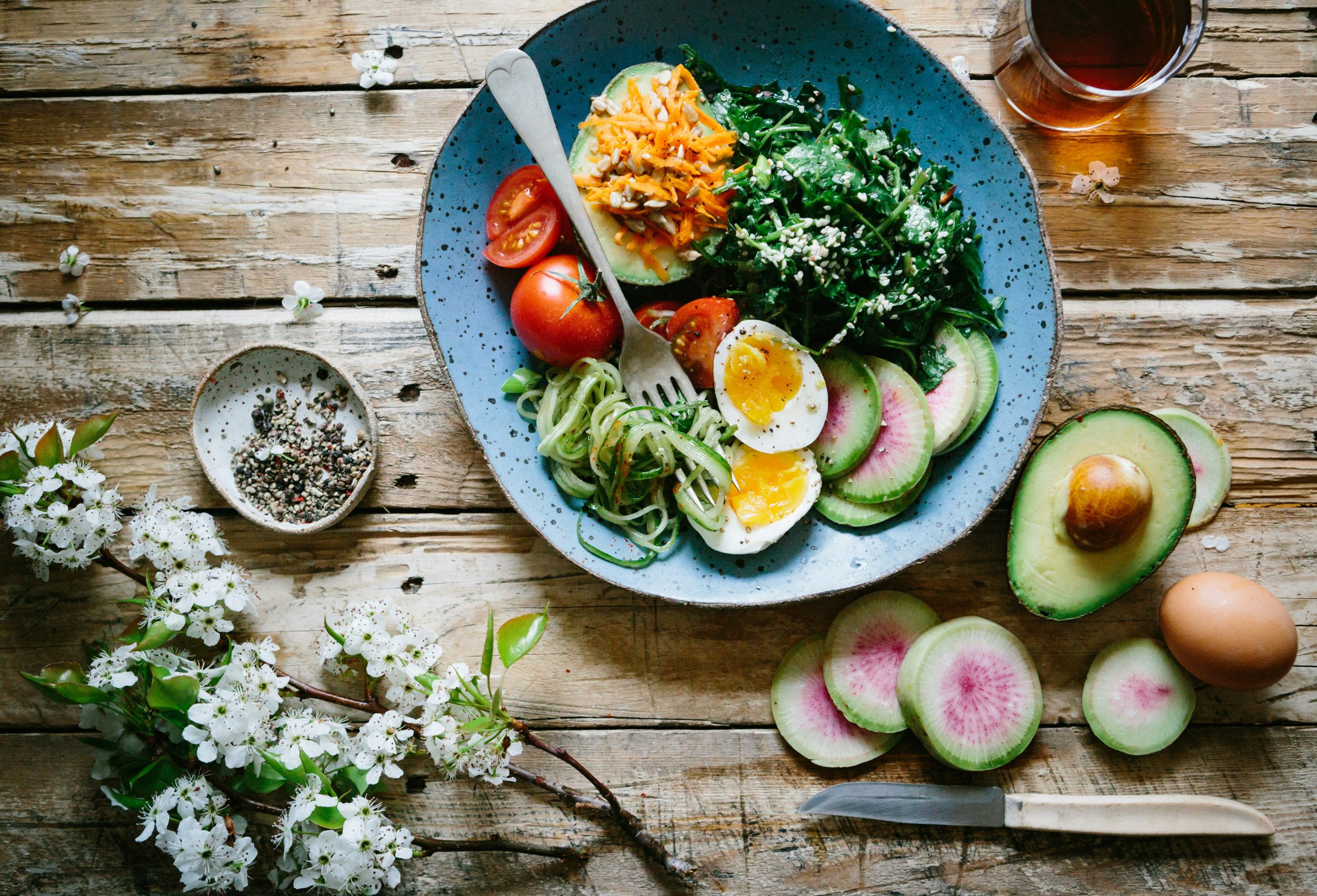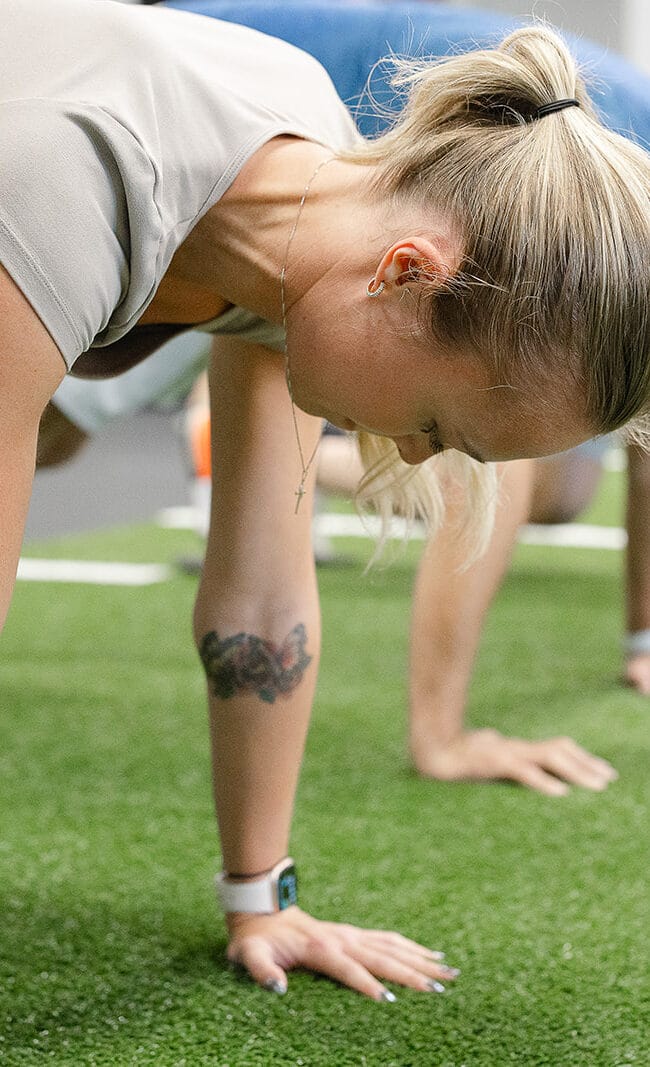
Nutrition Basics for a Fit Lifestyle: The Fundamentals Everyone Should Know
When it comes to living a fit, healthy lifestyle, exercise often takes the spotlight. But the real game-changer? Nutrition. What you put on your plate has a powerful impact on your energy, performance, and overall well-being, both in and out of the gym. Whether you’re just starting your health journey or looking to improve your habits, grounding yourself in basic nutrition principles can help build sustainable, long-term success. Here are five core ideas to get you started.
1. Create Awareness Around Your Current Nutrition and Lifestyle Habits
Before making any changes, take a pause and reflect. What are your current eating habits? How do you feel after meals—energized or sluggish? Do you find yourself snacking out of boredom or skipping meals due to a busy schedule?
Start tracking what you eat for a few days—not to judge yourself, but to create awareness. Use a food journal or a nutrition app to spot patterns. Maybe you’re eating more processed snacks than you thought, or not getting enough protein. Becoming conscious of your habits is the first step to meaningful change.
2. Start Small – Big Rocks vs. Small Pebbles
One of the biggest mistakes people make when trying to eat healthier is trying to change everything at once. It’s overwhelming and unsustainable, often leading to the yo-yo cycle of dieting. Instead, focus on the big rocks—the habits that make the biggest difference.
Examples of big rocks:
- Eating enough protein with each meal
- Drinking more water
- Planning meals in advance
- Limiting ultra-processed foods
Small pebbles, like switching almond milk brands or buying a fancy supplement, may feel good, but they won’t move the needle nearly as much. Nail the basics first, and remember, like most things in life, consistency matters more than perfection.
3. Focus on the 3 Macronutrients: Protein, Carbs, and Fats
Understanding macronutrients (macros) can simplify how you look at food:
- Protein helps build and repair muscle, supports your metabolism, and keeps you full. Prioritize proteins like chicken, beef, fish, eggs, Greek yogurt, tofu, or beans.
- Carbohydrates provide energy, which is especially important if you’re active in the gym. Choose complex carbs like whole grains, fruits, and legumes over refined sugars.
- Fats support brain health, hormone production, and nutrient absorption. Include healthy fats from sources like avocados, olive oil, nuts, seeds, and fatty fish.
Aim for balanced meals that include all three macros. This balance supports stable energy, reduced cravings, and better recovery after workouts.
4. Eat More Veggies!
This one’s simple, but often overlooked. Vegetables are loaded with fiber, vitamins, minerals, and antioxidants. They support digestion, immune function, and even your mood.
Add a serving of vegetables to at least two meals a day. Try leafy greens in your breakfast smoothie (you can barely taste spinach!), roasted veggies with lunch, or a colorful salad at dinner. Don’t stress over perfection; just aim to add more color and variety to your plate.
5. Focus on Food Quality
It’s not just about calories. It’s about what those calories are made of. Highly processed foods tend to be low in nutrients and high in sugar, salt, and unhealthy fats, which can leave you feeling tired or unsatisfied, often leading to more cravings.
Whenever possible, choose whole, minimally processed foods:
- Fresh or frozen fruits and vegetables
- Whole grains like oats, quinoa, and brown rice
- Lean proteins and legumes
- Healthy fats from natural sources
Eating high-quality, nutrient-dense foods can improve how you feel and function on a daily basis.
Nutrition doesn’t have to be complicated. By creating awareness, focusing on foundational habits, and fueling your body with quality food, you can support your health and fitness for the long haul. Remember: consistency beats perfection, and small daily actions add up to big results over time.





